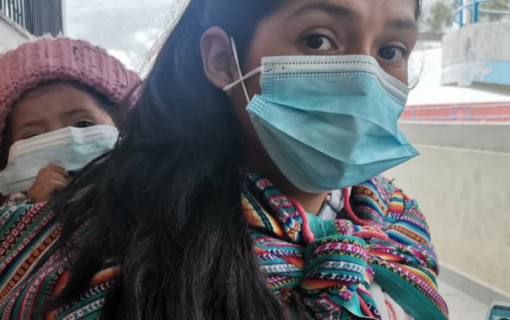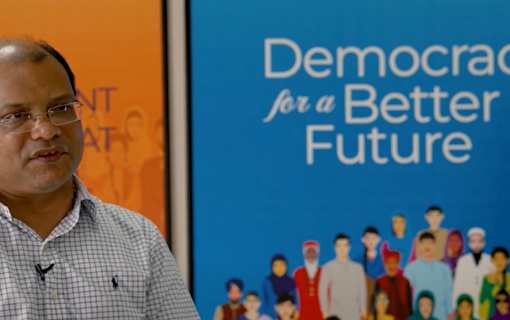Elections in Russia: A Technical Assessment
Executive Summary
On September 21, 1993 President of Russia Boris Yeltsin announced the dissolution of the Soviet-era Congress of People's Deputies of the Russian Federation. Though this move was opposed by the hard-line legislature, President Yeltsin prevailed in this power struggle. National elections for the new bi-cameral Federal Assembly and the referendum on the new constitution have been scheduled for December 12, 1993. Presidential elections expected on June 12, 1994, are now rescheduled for 1996.
In June of 1993 an eight-member IFES team visited Russia. The purpose of the team's visit was threefold: (1) to examine the present Russian electoral system in the wake of the April referendum; (2) to assess current efforts to reform the Russian electoral system in anticipation of parliamentary elections in the fall of 1993 or spring of 1994; and, (3) to propose opportunities for collaboration with Russian election officials and civic organizations.
The IFES team, upon its arrival in Russia, divided into three regional groups. One group remained in Moscow, the second travelled to Novosibirsk in Siberia, and the third to Voronezh in the central "black earth" region. The teams held meetings with members of parliament, members of regional councils, members of the Presidential Council, regional presidential representatives, participants in the parliamentary Constitutional Committee and Presidential Constitutional Assembly, academics, and members of various emerging political parties and civic movements.
The findings and recommendations of the IFES team are contained in this assessment report. In summary, the IFES team departed Russia with concerns about several aspects of the electoral process, including:
1. Ballot security;
2. Voting, tabulation, reporting, and grievance procedures;
3. Poll worker diversity and training;
4. Non-partisan voter education; and
5. Electoral technologies.
In order to address some of the needs of the electoral process the team recommends that IFES pursue avenues by which technical services might be shared with either the Central Election Commission, District Election Commissions or with civic organizations. The establishment of a short-term IFES office in Moscow could facilitate the delivery of these technical services.
Proposals for such collaboration could include:
1. Production of a video training series devoted to election preparation and administration. Initial installments of the series would include videos on: (a) duties and responsibilities of poll workers, (b) the role and work of domestic poll monitors, and (c) initiating voter education and non-partisan get-out-the vote projects;
2. Development of comprehensive training manuals with visual aid packets to accompany each installment in the video training series;
3. Implementation of a non-partisan domestic poll monitor training program to be supplemented by the creation and distribution of an election-day checklist to be used by domestic monitors as a tool in recording, in a more consistent and formal manner, their observations on election day;
4. Implementation of a non-partisan, broad-based voter education program accompanied by highly focused training for certain target groups which demonstrated low voter turn-out, such as young people, and low political awareness, for example women in rural areas, during the April referendum;
5. Collaboration with the U. S. political party institutes on a model election district project;
6. Provision of assistance, in target communities, in the development of accurate voter registration lists with potential introduction of automated registries;
7. Introduction of election information technologies to assist election commissions in the administration of elections and education/research groups in monitoring and tracking of election-related activities as well as to support the automation of other aspects of the electoral process.
Read the Full Report.









